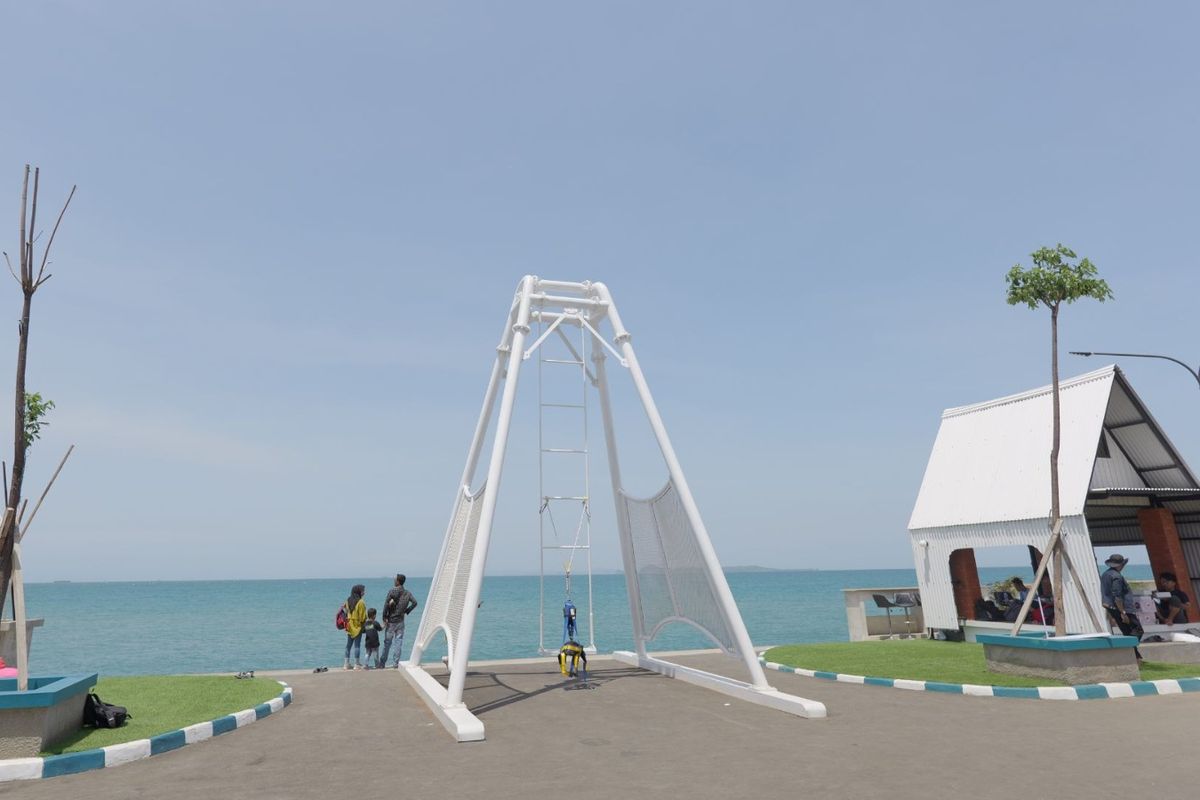The recent weakening of the rupiah against major currencies is raising concerns for the health insurance sector. As the currency declines, the cost of healthcare services, especially those involving imported medical supplies and treatments, is expected to increase. This could lead to a rise in health insurance claims, which may impact both policyholders and insurers.
How Currency Fluctuations Affect Health Insurance Costs
Currency fluctuations can directly influence health insurance costs in several ways:
- Imported Medical Supplies: Many medical supplies used in hospitals and clinics are imported, and as the rupiah weakens, the cost of these supplies rises.
- Increased Treatment Costs: Health treatments that involve international providers or equipment may become more expensive, driving up the overall cost of care.
- Higher Premiums: Insurance companies may raise premiums to cover the rising costs associated with these factors.
These changes are likely to lead to an increase in insurance claims as policyholders seek to cover their higher medical expenses.
Potential Rise in Health Insurance Claims Due to Weak Rupiah
As healthcare costs rise due to the weakening rupiah, policyholders may file more claims to cover the increased expenses. This can result in several consequences:
- More Frequent Claims: With higher medical costs, individuals may need to make more frequent claims to meet their healthcare needs.
- Increased Financial Burden on Insurers: Insurance companies may face higher payouts, which could affect their profitability and lead to adjustments in premiums.
- Pressure on Government Programs: For those reliant on public health insurance, the increased demand for medical services could put pressure on government-backed programs.
These factors highlight the interconnectedness of currency fluctuations and healthcare affordability.
What This Means for Insurance Policyholders
For insurance policyholders, the weakening rupiah could have several implications:
- Higher Out-of-Pocket Costs: With rising treatment costs, individuals may find themselves facing higher out-of-pocket expenses, even if they have insurance coverage.
- Increased Premiums: Insurance companies may increase premiums to offset the higher claims they are expected to pay, leading to greater financial strain for policyholders.
- Reevaluation of Coverage Needs: Policyholders may need to reevaluate their insurance plans to ensure they have adequate coverage for the rising healthcare costs.
Conclusion: Managing the Impact of Rupiah Weakening on Insurance
The weakening rupiah poses a significant challenge for both the health insurance sector and its policyholders. As medical costs rise, the number of claims is likely to increase, placing pressure on both insurers and insured individuals. Monitoring currency trends and adjusting insurance plans accordingly will be essential for managing the financial impact of these changes.




